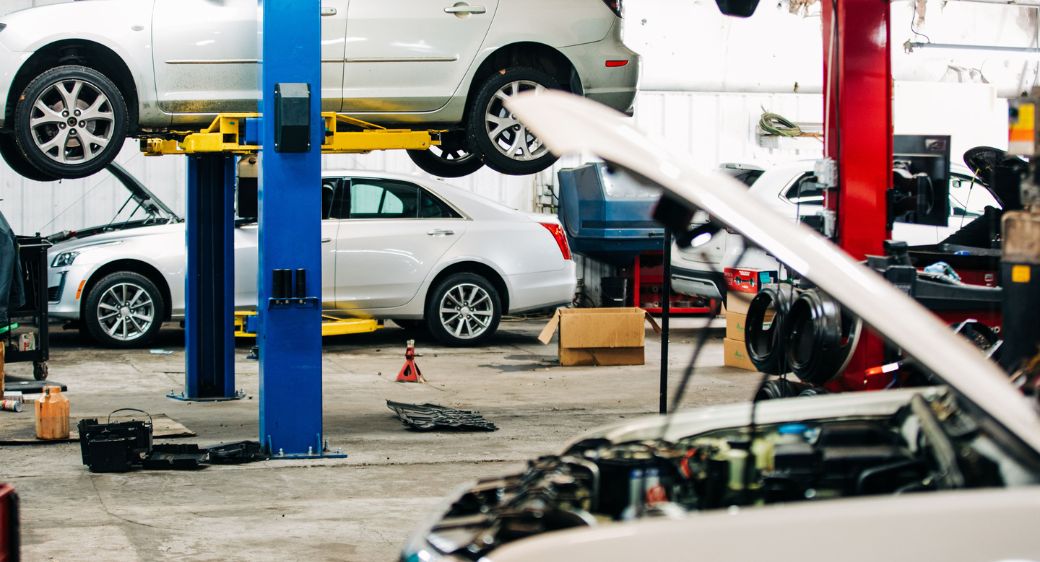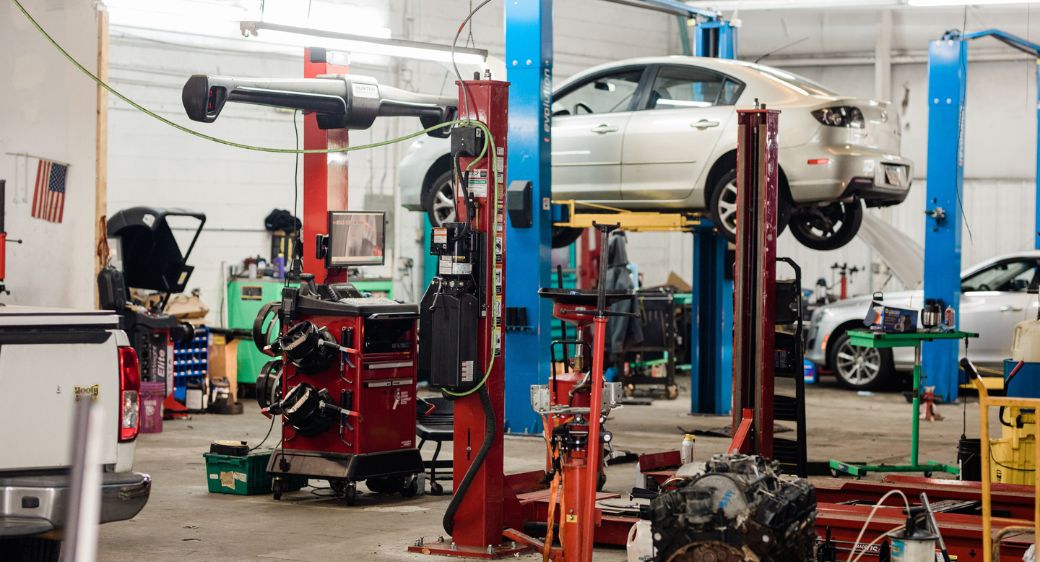The Impact of Driving Habits on Transmission Health

Sharing this:
Maintaining a vehicle’s transmission is crucial for ensuring its longevity and performance. However, many drivers unknowingly compromise their transmission health through their daily driving habits. Your transmission is a costly component of your car to repair or replace; therefore, maintaining its condition should always be a priority. This post will explore common driving behaviors that affect transmission health, how these habits lead to potential damage, and actionable advice to safeguard your vehicle. Buckle up as we detail everything you need to know to ensure better care for your transmission.
The Basics of How Transmission Systems Work
To understand fully the impact of driving habits on transmission health, you must grasp how this essential component functions. A car’s transmission transfers power from the engine to the wheels, allowing the vehicle to change speeds and ensuring proper operation. Whether manual or automatic, the transmission relies on components such as gears, clutches, and fluids to function correctly.
Manual transmission requires the driver to change gears actively using a clutch pedal and gear stick. On the other hand, automatic transmission automatically selects gears based on speed and engine load, making it much more convenient for most drivers.
While both systems serve the same purpose, their maintenance needs and vulnerabilities can differ significantly. Regardless of which system your car uses, poor driving habits can shorten its lifespan. Understanding proper transmission care starts with realizing the constraints these sensitive systems operate under daily.
Hard Acceleration and Excessive Braking
Sudden acceleration and frequent hard braking damage your car’s transmission. When drivers accelerate aggressively, it pushes the engine harder and puts immense strain on the gears in the transmission system. Over time, this strain can lead to overheating and gradual wear, compromising vital components.
Similarly, harsh braking causes rapid deceleration, increasing stress on your drivetrain. Drivers who adopt stop-and-go patterns in traffic frequently subject their transmission to constant pressure, eventually leading to fluid breakdown and reduced efficiency. Maintaining a steady speed and anticipating stopping points can reduce this unnecessary stress on your transmission system.

Neglecting Regular Maintenance and Fluid Checks
Routine maintenance and fluid checks are critical in preserving a vehicle’s transmission. Many modern cars come equipped with “lifetime” transmission fluids, leading some drivers to believe they don’t need to make repetitive checks. However, failing to monitor transmission fluid levels or quality can significantly accelerate wear and tear on internal components.
Transmission fluid acts as both a lubricant and a coolant. When it becomes dirty or loses viscosity, the system overheats, leading to gear slippage or total failure. Neglecting regular inspections or assuming long intervals between fluid changes can result in costly repairs. Thus, develop a habit of checking the transmission system during general vehicle servicing.
Improper Gear Shifting Practices
Improper gear shifting is another contributor to the impact of driving habits on transmission health. Common mistakes like shifting from reverse to drive before coming to a full stop or abruptly switching gears without engaging the clutch properly can reduce the lifespan of your transmission.
Riding the clutch, or keeping partial pressure on the pedal while driving, is a damaging habit for vehicles with manual transmission. This wears down the clutch plate and can create friction that affects adjacent parts. Automatic transmission owners must also be cautious of shifting into reverse or park while the vehicle is still in motion. Such practices can shock internal components, causing severe damage over time.
Being mindful of giving your car’s transmission system adequate time to adjust gears during changes will ensure smoother and safer driving while preventing premature mechanical issues.

Overloading Your Vehicle Beyond Its Capacity
Many drivers overlook how weight impacts overall vehicle health, particularly the transmission system. Overloading puts extraordinary pressure on your transmission as it works harder to transfer torque to your wheels, especially on inclines or during long drives. This strain often leads to overheating and premature wear of transmission components.
Adhere to your car’s recommended weight limit to maintain proper operations. If transporting heavy cargo is unavoidable, take regular breaks during long journeys to prevent overheating in your transmission. Additionally, ensure your vehicle’s transmission fluid is optimal before setting out with heavy loads.
Ignoring Warning Signs
Modern vehicles often have dashboard indicators warning drivers of potential transmission issues. You should never ignore these warnings. Symptoms such as delayed gear engagement, slipping gears, or unusual noises may indicate underlying transmission problems that require immediate attention.
Ignoring these signs exacerbates damage and increases the risk of complete failure. Addressing these issues promptly can save you from more substantial repair bills. Our service center offers car transmission services focused on quickly diagnosing and resolving such issues to get you back on the road safely.
Driving Without Warming Up
Driving off immediately after starting your vehicle in colder weather can affect the transmission system. Transmission fluid tends to become viscous in low temperatures, making it less effective at lubricating and cooling components until it warms up. Operating your car without allowing it to reach optimal temperature levels can strain the gears and lead to unnecessary wear.
Taking a few minutes to start your car and letting it idle before driving gives the transmission and engine enough time to prepare for optimal performance. This simple habit can make a big difference in maintaining your vehicle’s overall health and preventing future complications.
Consistent Monitoring Leads to Longevity
Healthy driving habits play a vital role in ensuring transmission longevity. Adopting good habits like checking fluid levels, warming your car in cold weather, and avoiding harsh braking improves performance and mitigates expensive repairs. Consistency is key when caring for your car’s mechanical systems.
When signs of trouble arise or you need professional maintenance assistance, don’t hesitate to contact experts specializing in car transmissions. Choosing reputable service providers ensures that your transmission system receives the quality care it deserves.
Protect Your Transmission Through Better Driving Decisions
The condition of your car’s transmission heavily relies on your driving habits. Adjusting harmful behaviors like hard braking, improper shifting, or neglect of regular maintenance can significantly extend your transmission’s lifespan and prevent unexpected breakdowns.
Caring for your vehicle doesn’t have to be complex—it’s about practicing informed, consistent habits behind the wheel and staying attentive to signals your car provides. Now that you know the impact of driving habits on transmission health, you can potentially save thousands in extensive repairs.
If transmission issues persist or regular maintenance is overdue, we’re here to help. Contact us for professional car transmission services to keep your vehicle running smoothly for years to come.



